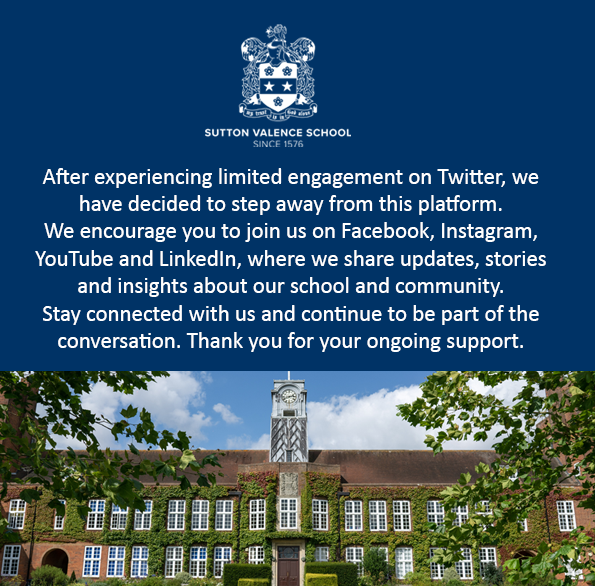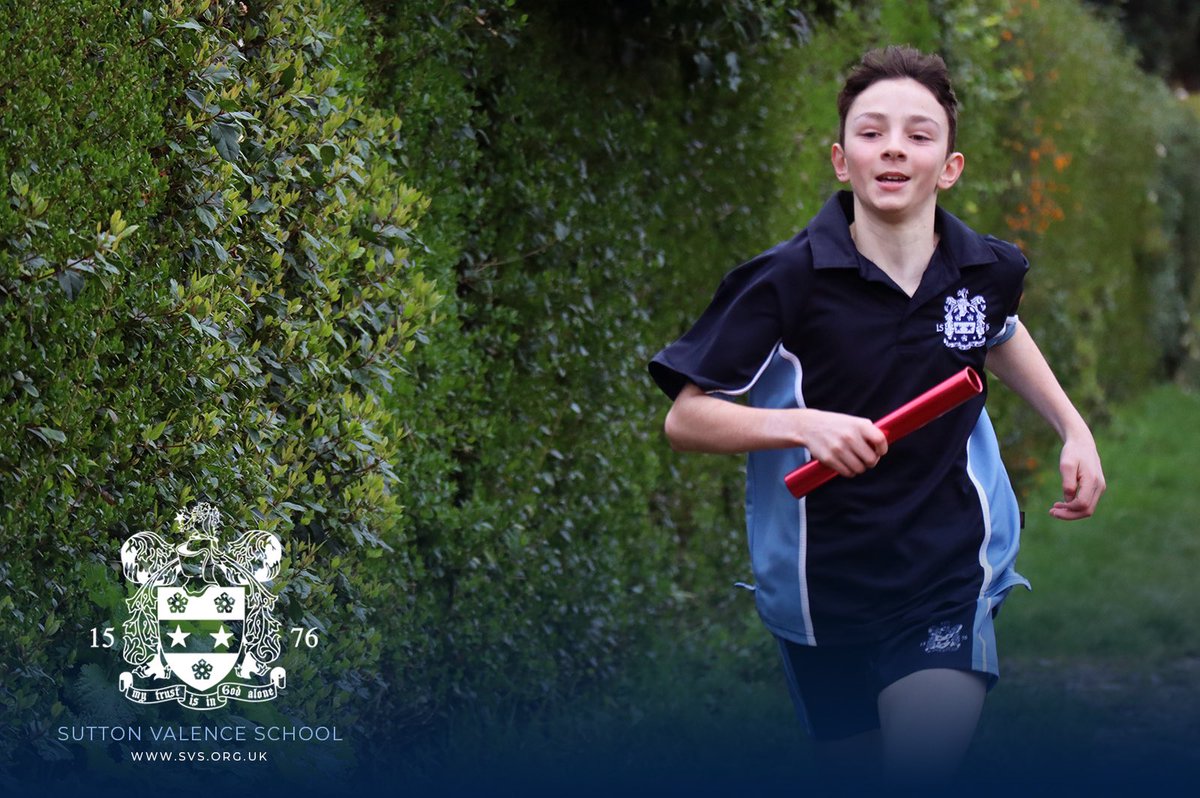‘The crown of literature is poetry’ – W. Somerset Maugham
With the SVPS Poetry Speaking competition next Friday and the Queen’s Platinum Jubilee celebrations just around the corner, this quote seemed somewhat fitting and pertinent.
I asked myself, how do poems help with learning and why is poetry so important in our curriculum?
The power of a good poem can help make reading a reality for young children. From making reading fun to teaching young children different ways to think about phonemic sounds, poetry is an invaluable resource in any young reader’s literacy journey.
Children find joy in reciting their favourite poems with others and as poetry is typically only a few lines, it may feel less daunting to a young, emergent reader to tackle a poem as opposed to a longer book. While being short, poetry is packed with important literary elements such as characters, narrative structure, new words and sometimes rhyming can help children build foundational and more advanced literacy skills.
Reading poetry helps children refine their voice, pitch, volume and inflection, vital functions of speech. Poetry can teach young readers about speech patterns, which can give them cues to words on a page.
Additionally, rhyming can help children identify sounds in words and identify word families. Like any form of reading, poetry can introduce children to new words and build their vocabulary. Poetry is unique in that it typically follows a rhythm. When children read sentences and phrases that have a cadence, it introduces them to new words in new contexts.
Pablo Picasso once said, ‘it took me four years to paint like Raphael, but a lifetime to paint like a child.’ Children have wonderful, active imaginations. Poetry can help them tap into their creativity by encouraging them to think about new and unexpected relationships between words. Therefore, at SVPS, we nurture our children to foster and develop a love of listening, performing and writing poetry. The wonderful thing about poetry is that it’s subjective. Poetry can have a narrative structure, non-linear structure or even just be a collection of your favourite words. When children are learning to read, giving them the freedom to express themselves through poetry is essential. Indeed, one of the most important skills for promoting literacy is supporting oral development. When children read out loud, they think more deeply about the sound of the words they’re saying and, therefore, improve their reading skills and in turn, their writing skills.
Writing poems encourages a child to reflect on their experience, recreate it and shape it with their own voice. They can also experiment with different writing devices like alliteration and onomatopoeia, making their piece more dynamic and exciting. Poetry extends children’s interpretive skills and ability to infer and deduce beyond the literal words on the page. These skills are developing and refined as our children move towards the upper end of the Prep Department. Poetry plays with language and writers of poetry often make deliberate choices in the ways they use punctuation and words for the ultimate effect on the reader. Immersing our children in a rich environment of well-written poetry allows them to look at ways to compose ideas effectively, using the best language, the most thought-through layout and the most appropriate punctuation to convey meaning.
Finally, and possibly, most importantly, poetry supports the development of our children’s emotional literacy. They can learn to manage and reflect on their emotions, feelings and behaviour through drawing on experiences they hear about in poems shared. When children write their own poetry in literacy and English lessons at SVPS, they can give form and significance to a particular event or feeling that was important to them and communicate it to the reader or the listener.
At a time when the world is connecting, changing and developing at an alarming rate and where local, national and global events can have such an impact on our children’s lives, poetry seems more necessary than ever to help them navigate and make sense of experiences, as well as providing some much needed entertainment and escapism, whether it’s through witty rhymes that make them giggle or mythical poems that transport them do a different space and time.





